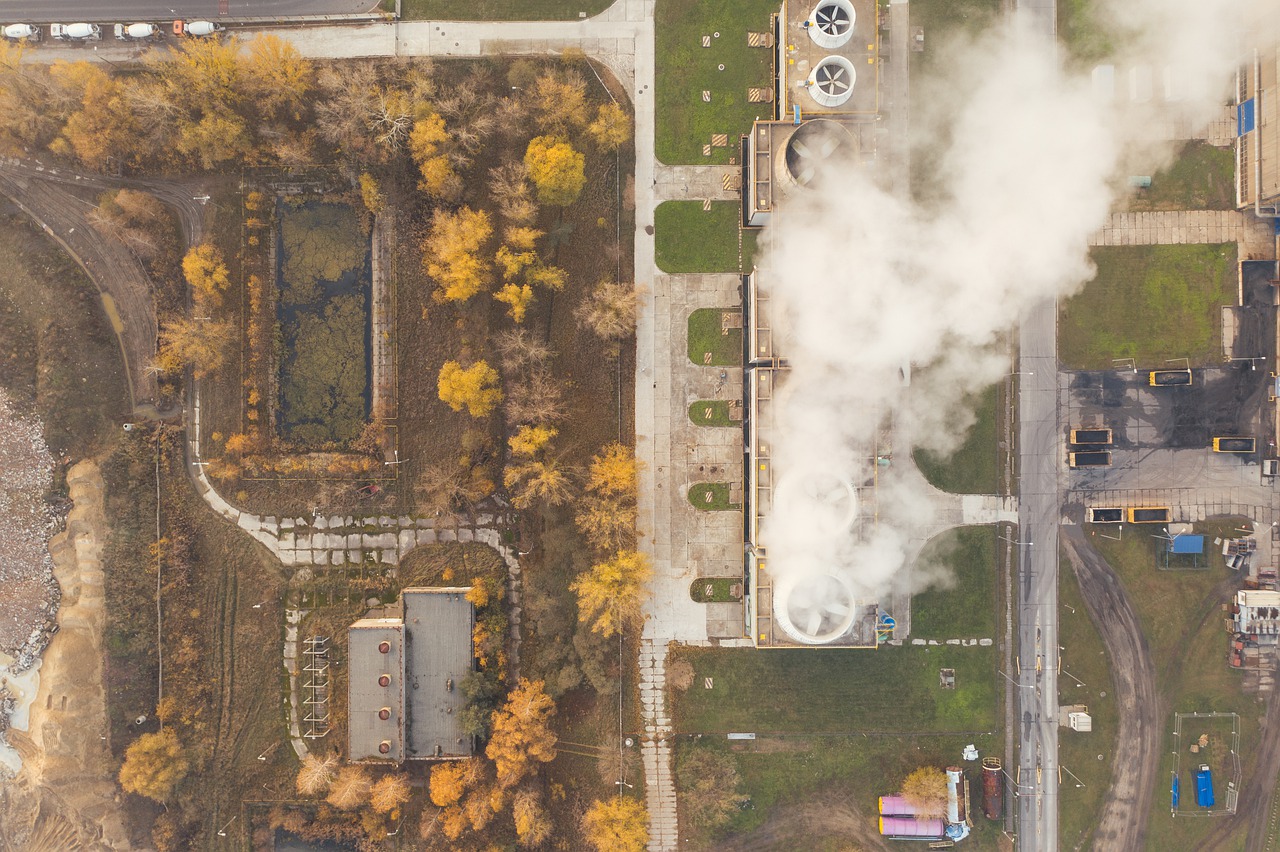
The World Meteorological Organization (WMO) said the Covid-19 pandemic had little effect on the continued increase of CO2 concentrations in the atmosphere.
The WMO has released its annual greenhouse gas bulletin, which showed that response to the Covid-19 pandemic globally had little impact on the surge of CO2 concentrations in the atmosphere.
This was despite the dramatic decline in carbon emissions this year due to lockdowns that significantly reduced emissions from transport and industry activities.
Greenhouse gases and increasing temperatures
Greenhouse gas concentrations are the end product of cumulative emissions from the past and present of various substances, such as carbon dioxide, methane and nitrous oxide. Nations are trying to reduce these emissions under the Paris Agreement.
These accumulated greenhouse gases trap heat close to the Earth's surface, which in turn raises temperatures.
Global warming may have catastrophic effects, including threatening global food supplies, causing more extreme weather events such as tropical storms and heatwaves, as well as increasing the sea level, which increases the risk of flooding.
Last year, the WMO released data showing that atmospheric concentrations of carbon dioxide and other greenhouse gases have reached new highs in 2018.
According to the WMO, the increase in carbon dioxide (CO2) in the atmosphere in 2018 was just above the average rise recorded over the last decade while the levels of other greenhouse gases, such as methane and nitrous oxide, have also increased by above average amounts.
Meanwhile, the UK Meteorological Office released results of a new study in June which indicated that the UK may experience regular temperature of up to 40C by 2100 if carbon emissions stay at high levels. Currently, the highest recorded temperature is at 38.7C, set in Cambridge last July.
According to the researchers, there is an "increasing likelihood" of going beyond this number due to the human influence on the climate. They mentioned that under the worst emissions scenario, temperatures could reach 40C every three and a half years.
Across the UK and Europe, there have been periods of significant and uncomfortable heat over the past two summers. The Met Office pointed out that these hot summers occurred partly as a result of warming gases coming from human activities.
They mentioned that it was more likely that the 2018 heatwave was caused by the use of energy, transport and all the other carbon that humans have been producing.
Recent CO2 numbers
The new WMO bulletin revealed that the global average CO2 level in 2019 was 410.5 parts per million (ppm), which increased by 2.6ppm over 2018. This was significantly bigger than the increase from 2017 to 2018 and higher than the average over the past 10 years.
While carbon emissions went down by 17% as a result of the earlier lockdowns, this had a very small overall impact on CO2 concentrations. Preliminary estimates demonstrate that CO2 concentrations will continue to rise this year but it may be lower by 0.08 to 0.23ppm.
However, this decline still falls within the 1ppm natural variability that occurs from year to year.
WMO secretary general Petteri Taalas said: "We breached the global threshold of 400 parts per million in 2015, and just four years later, we crossed 410 ppm, such a rate of increase has never been seen in the history of our records."
"The lockdown-related fall in emissions is just a tiny blip on the long-term graph. We need a sustained flattening of the curve," he added.
Prof. Taalas explained: "The Covid-19 pandemic is not a solution for climate change. However, it does provide us with a platform for more sustained and ambitious climate action to reduce emissions to net zero [balancing out any emissions by absorbing an equivalent amount from the atmosphere] through a complete transformation of our industrial, energy and transport systems."
"The needed changes are economically affordable and technically possible and would affect our everyday life only marginally," he continued.






